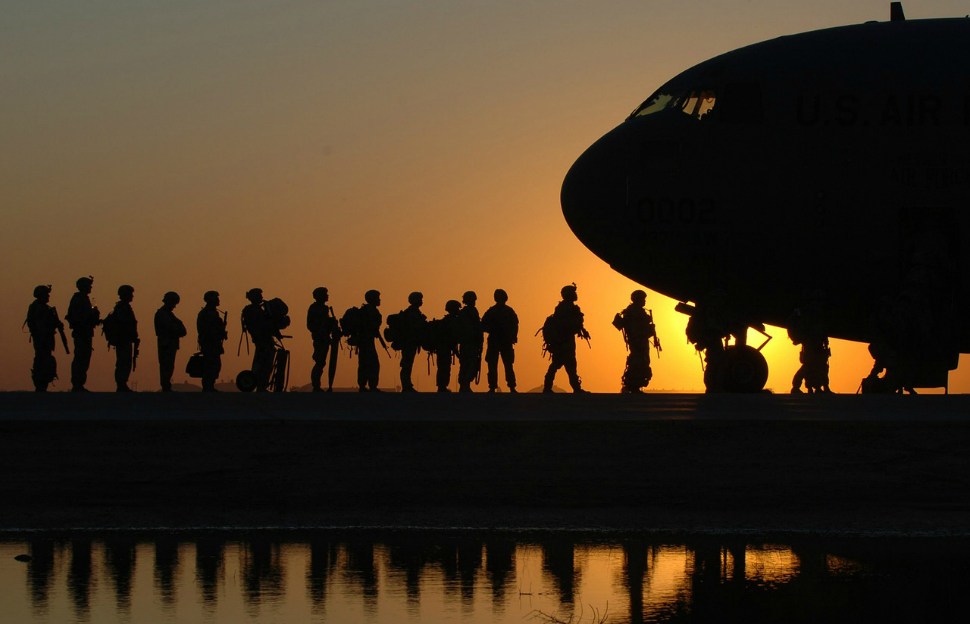John Tolley, June 6, 2017
For veterans, the road home is often one of the most difficult aspects of their tour of duty. Transitioning back to civilian life can be a long and arduous process, fraught with unique peril.
Memories of combat situations tend to linger along with thoughts of those who did not come back. Stepping out of that heightened state of readiness isn?t as easy as taking off the uniform.
And, for as ill-equipped as our men and women in uniform so often are for their journey back to normalcy, so too are the people charged with helping them. Many times those social workers who counsel veterans have little to no training in how to help this very special population.
A new program from the College of Social Work at The Ohio State University is looking to strengthen the training social workers receive to better prepare them to work with veterans? special needs.
The Advanced Certificate in Serving Veterans and their Families is, according to the course website, ?a 14-week, holistic exploration of military culture and the impact it has on veterans and their families.?
Participants will not only get a peek behind the curtain as to what life is like for our deployed service members, but how to assess their emotional strengths and weaknesses across a wide variety of inter-personal and professional relationships.
"Having to separate that you've just been flying drones that are killing targets with, ?Oh I'm home and I'm going to take my kids to soccer practice,? that's a huge cognitive and emotional shift,? said Lisa Durham, assistant dean of Ohio State?s College of Social Work, speaking with WOSU.
While some veterans are haunted by their memories, others are uncertain how to move forward in the less-regimented civilian world. Still others struggle with exactly what their role is in the family unit.
Families of veterans also struggle with exactly how to properly welcome home their loved ones from overseas. Common problems like depression, addiction and PTSD can, if not properly addressed, fan the flames of alienation.
?They?ve gone on,? Durham said, ?things have happened that they weren?t a part of. And also, sometimes there?s a sense that they aren?t needed anymore because their family did OK while they were deployed.?
While the course is aimed at social workers, it is open to all who want to learn how to better serve returning veterans, from those medical professionals to clergy of all faiths. The course is taught online and begins October 2017.







